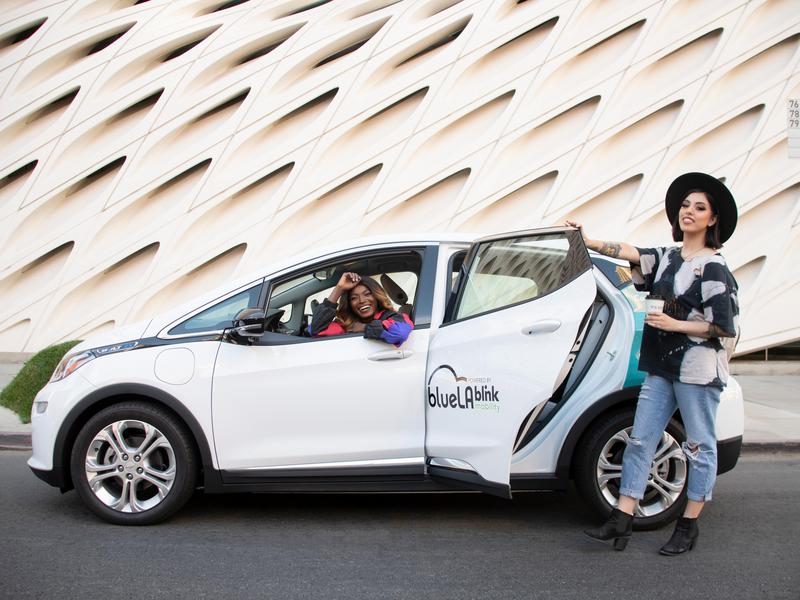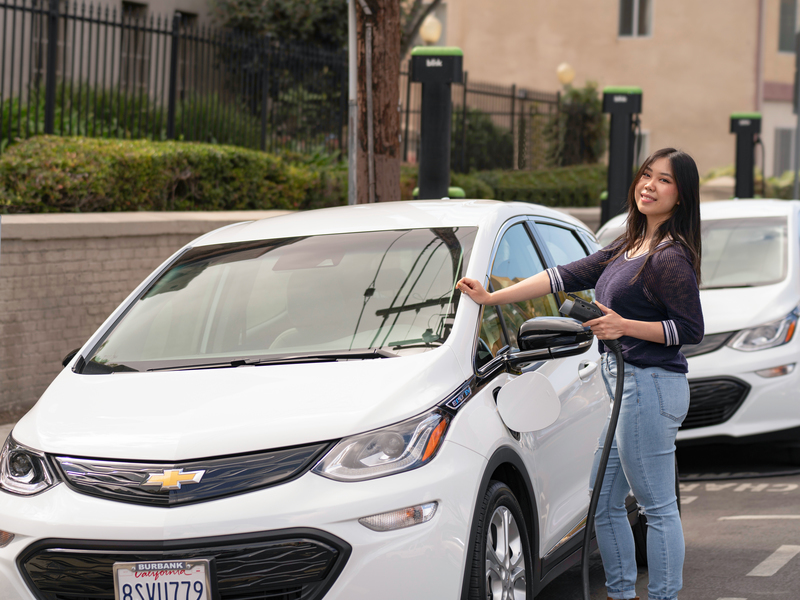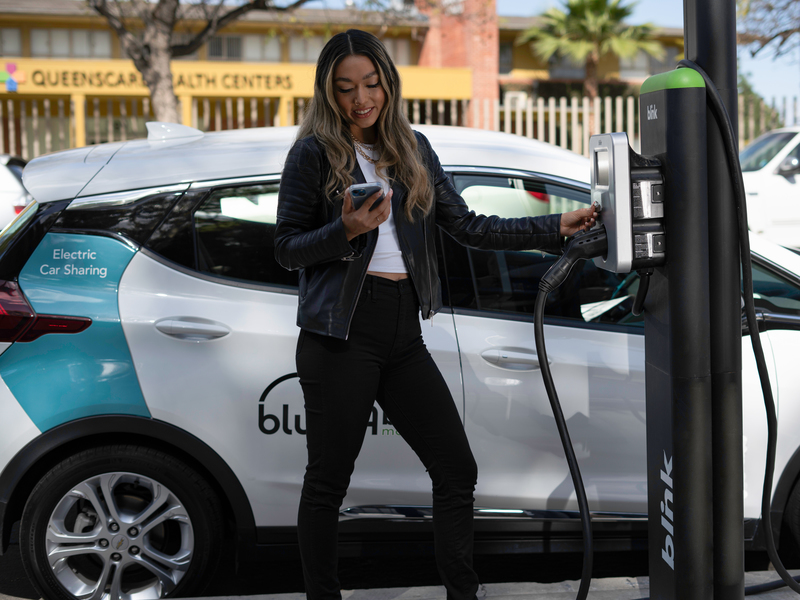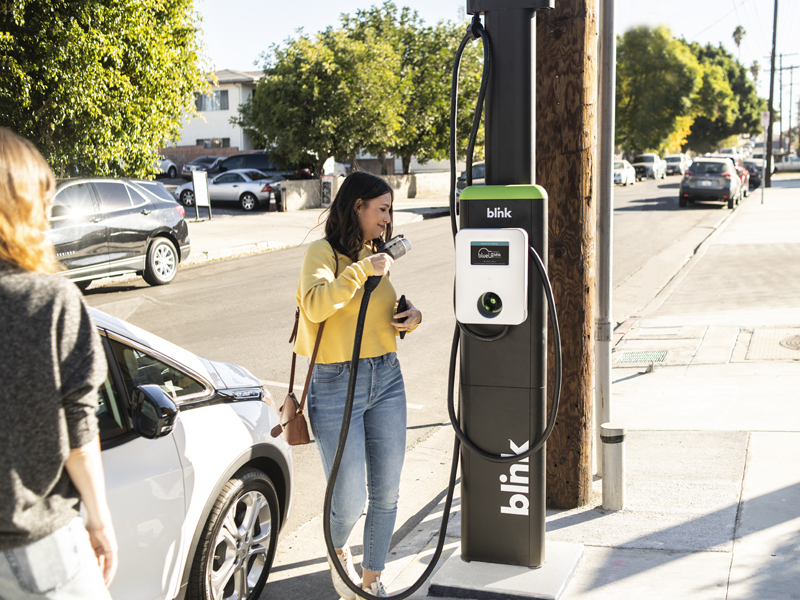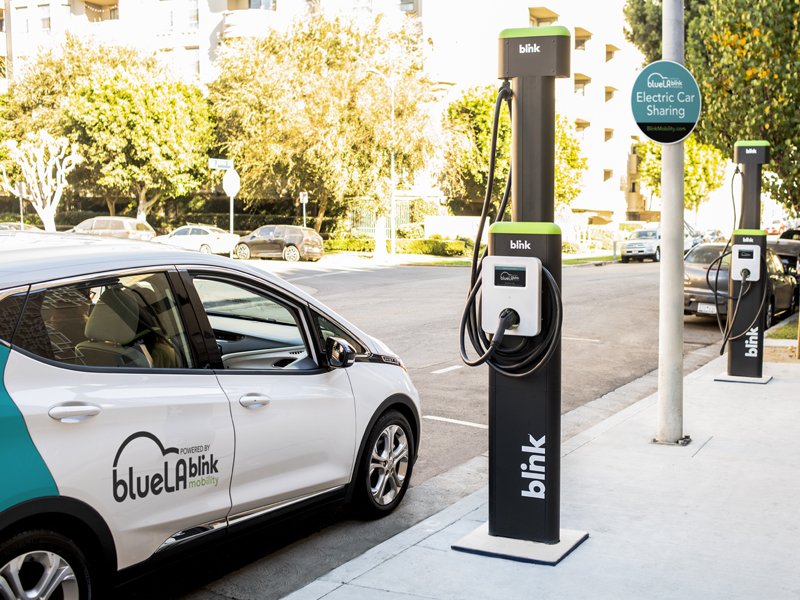According to The Drive, one of the most common reasons potential customers cite for not buying an EV is fear their car will not be able to complete a journey to their destination or to a suitable charging station, and will instead leave the driver stranded roadside. Commonly referred to as “range anxiety”, this fear of running out of power is a major deterrent to electric vehicle sales. Another question in the debate over range anxiety is whether this fear affects driving performance, and can even make the driver more nervous and reckless. While it’s clear range anxiety is a powerful influence on drivers, is it really worth the worry?
Charging Once for the Day
Inside EV states that according to the Federal Highway Administration’s National Household Travel Survey, 59.4% of household trips were six miles or shorter. Considering most electric vehicles have a range of between 100-300 miles, fear of running out of power on an average trip seems overblown. Obviously, many people make more than one trip in a day, and plenty of drivers commute farther than six miles, however average mileage statistics prove American’s trips are getting shorter and that most people would have no problem charging at home or work and not needing to charge again that day.
59.4%
Percentage of Household Trips Which are Six Miles or Less
If You Go the Distance
Some people commute longer distances or drive cross-country, and many believe an electric vehicle is not a practical choice for long trips. In order to prove long trips were possible, U.S. News and Word Report’s Best Cars asked Tesla to plan a trip with stops at charging stations along five popular routes across the country. Tesla planned the itinerary for a trip from New York City, out west to Seattle, and finally down to Miami. At no point was the car in danger of losing power.
A facet of range anxiety is fear of charging time, since, unlike pumping gas, charging an EV generally takes a minimum of a half hour. However, even charging time did not prove to be a problem on the trip with a little planning. Most people stop to eat, rest, and sight-see for at least a half hour each day, and many charging stations are located at restaurants, hotels, or public spaces, letting drivers charge while they eat lunch or sleep, and then get back on the road.
Anxious Driving
According to the research article “Investigation on Range Anxiety and Safety Buffer of Battery Electric Vehicle Drivers” in the Journal of Advanced Transportation, range anxiety is dependent on multiple factors, such emotional type, age, and driving experience, but did influence the way some drivers behave behind the wheel. When drivers were about to reach maximum range, some sped up (to reach a charging station faster) or slowed down (to retain power), many shut off a heater (which drains power faster), and most became nervous.
However, the study showed that range anxiety is similar to many other sources of anxiety—new things we’re unfamiliar with tend to make us nervous, but with time, drivers of all demographics began to lose their fear. Range anxiety lessened, and eventually almost disappeared, as drivers got more used to driving their EV, became familiar with their car and how far it could really go, and became confident about where charging stations nearby could be found. An MIT study revealed the same—that most drivers realized with time that their range anxiety was unnecessary.
Planning also decreased range anxiety, such as locating charging stations along a route, and deciding when to stop before setting out. Fewer drivers also felt anxiety in states with more charging stations in general. Drivers can also help alleviate range anxiety by knowing the resources of where they can locate their next charge on a road trip. Websites such as Blink Charging and Plugshare offer a listing of all EV charging stations in the U.S. and also have mobile friendly apps for access on-the-go.
Overall, research reveals that range anxiety is a major influence on drivers and consumers at first, but experience with an EV does a great deal to alleviate its impact.
Recommend for You
Stay Informed
Join our mailing list for hot news and company updates.


